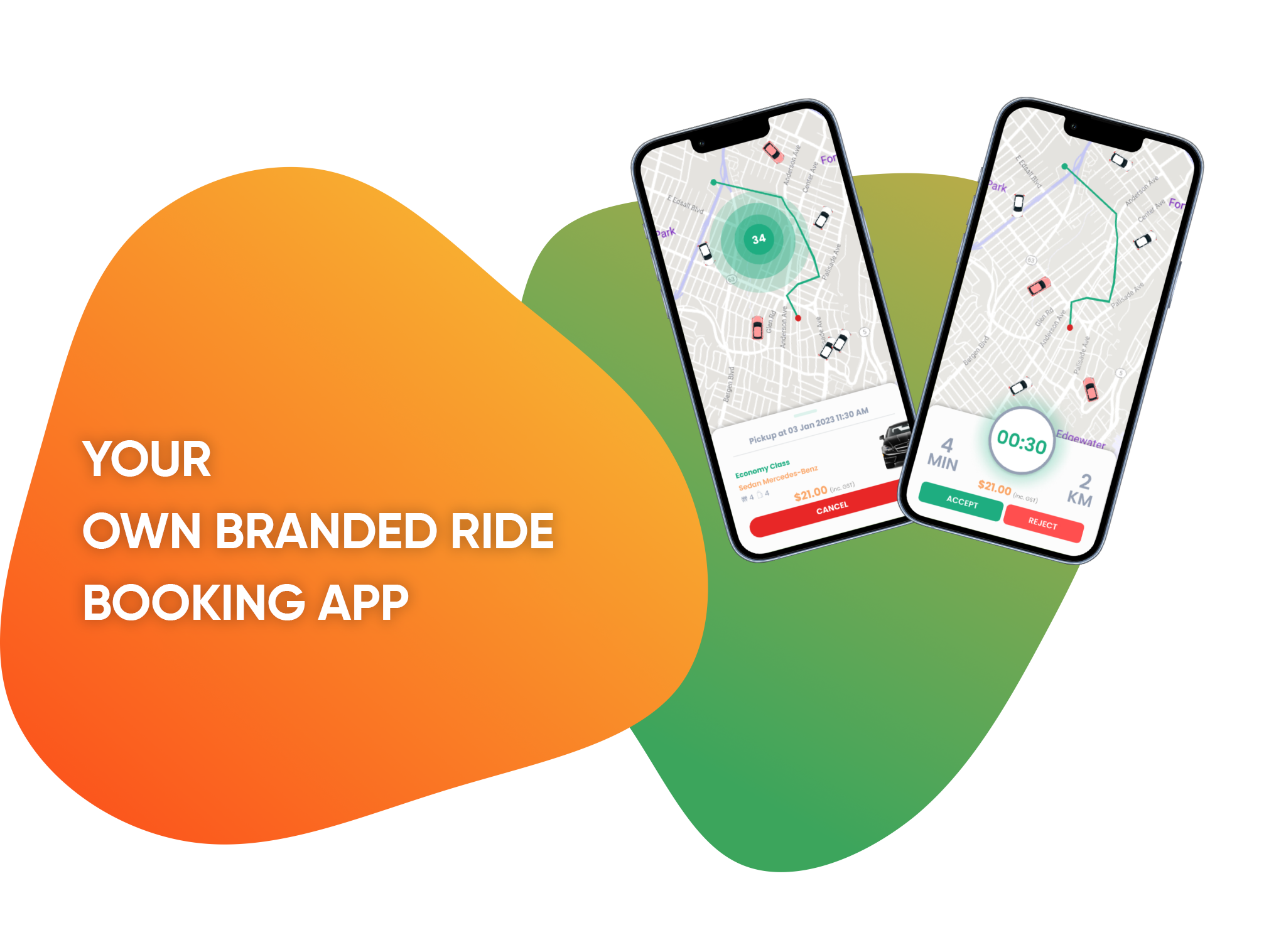Consider These Before Buying Taxi Dispatch System

Some of the factors that you should consider before buying a taxi dispatch system:
1. User-Friendly interface: The dispatch system should have an interface that is user-friendly, easy to understand, and operate. It should be intuitive and allow for easy access to all its features.
2. Real-time tracking: The dispatch system should be able to track vehicles in real time and provide real-time updates to both drivers and passengers. This is important for ensuring the safety and security of passengers, as well as for the efficient dispatch of vehicles.
3. Customizable features: The dispatch system should be customizable to meet the specific needs of your business. You should be able to tailor the system to your requirements and make changes as your business grows and evolves.
4. Integration with other systems: The dispatch system should integrate with other systems that you already use, such as payment gateways, GPS tracking systems, and accounting software. This will allow for a seamless flow of information and improved efficiency.
5. Reliability: The dispatch system should be reliable and have a good track record of uptime. You should also consider the availability of customer support, in case you need help with the system.
6. Scalability: The dispatch system should be scalable to meet the changing needs of your business. As your business grows, you should be able to add new vehicles and drivers without having to switch to a new system.
7. Cost: The cost of the dispatch system should be within your budget. You should consider the total cost of ownership, including licensing fees, maintenance costs, and any additional costs associated with the system.
8. Security: The dispatch system should have strong security features to protect sensitive information, such as passenger and driver information, as well as payment information.
9. User experience: The dispatch system should provide a good user experience for both drivers and passengers. This includes features such as in-app communication, rating systems, and easy payment options.
10. Reporting and Analytics: The dispatch system should provide robust reporting and analytics capabilities to help you understand the performance of your business and make informed decisions.
11. Mobile compatibility: The dispatch system should be compatible with both iOS and Android operating systems, as well as have a mobile app for passengers and drivers. This will allow for easy access to the system on the go.
12. Integration with third-party services: The dispatch system should have the capability to integrate with third-party services, such as Google Maps and Waze, to provide real-time traffic updates and help drivers find the quickest route to their destination.
13. Automated dispatch: The dispatch system should have the ability to automate the dispatch process, taking into account factors such as driver location, vehicle availability, and passenger demand.
14. Driver management: The dispatch system should provide tools for managing drivers, such as scheduling, payroll, and performance tracking.
15. Data privacy and security: In today’s digital age, data privacy and security are of utmost importance. Make sure the dispatch system you choose has robust security measures in place to protect your data, such as encryption and secure storage.
16. Integration with payment systems: A good dispatch system should integrate with different payment systems, such as credit card, PayPal, and mobile wallets, to make payments fast, secure, and convenient for passengers.
17. Customer support: A reliable customer support system is crucial in case of technical issues or questions. Look for a dispatch system that offers 24/7 customer support through multiple channels, such as phone, email, and live chat.
18. User training: It is important to ensure that your drivers and passengers are able to use the dispatch system effectively. The system should offer training resources, such as video tutorials and user guides, to help them get started.
19. Multi-language support: If you plan on operating in multiple countries, it’s important to choose a dispatch system that supports multiple languages to ensure that drivers and passengers can use the system with ease.
20. Custom branding: The dispatch system should allow for custom branding to help you create a unique and personalized experience for your passengers. This includes the ability to customize the app logo, colors, and messaging.
21. User feedback: Consider looking for a dispatch system that has a feedback system in place to allow passengers and drivers to provide feedback on their experience. This can help you identify areas for improvement and make the necessary changes to enhance the user experience.
21. Cost-effective: The dispatch system should be cost-effective and provide a return on investment in a reasonable amount of time. This can be achieved by reducing operational costs, improving efficiency, and increasing revenue.
22. Flexibility: The dispatch system should be flexible and allow for easy integration with other systems and services as your business evolves and expands.
23. Automated updates: The dispatch system should have the ability to automatically update to ensure that you always have the latest version with the latest features and bug fixes.
In conclusion, when choosing a taxi dispatch system, it is important to consider all of the above factors to ensure that you choose a system that meets your specific needs and provides the best value for your investment.
Finally, it’s important to thoroughly research and compare different taxi dispatch systems before making a final decision. Make sure to read customer reviews and ask for references to get a sense of how the system has worked for other companies in your industry. By considering these factors, you can make an informed decision and choose a dispatch system that will meet the unique needs of your business and provide the best possible experience for your passengers and drivers